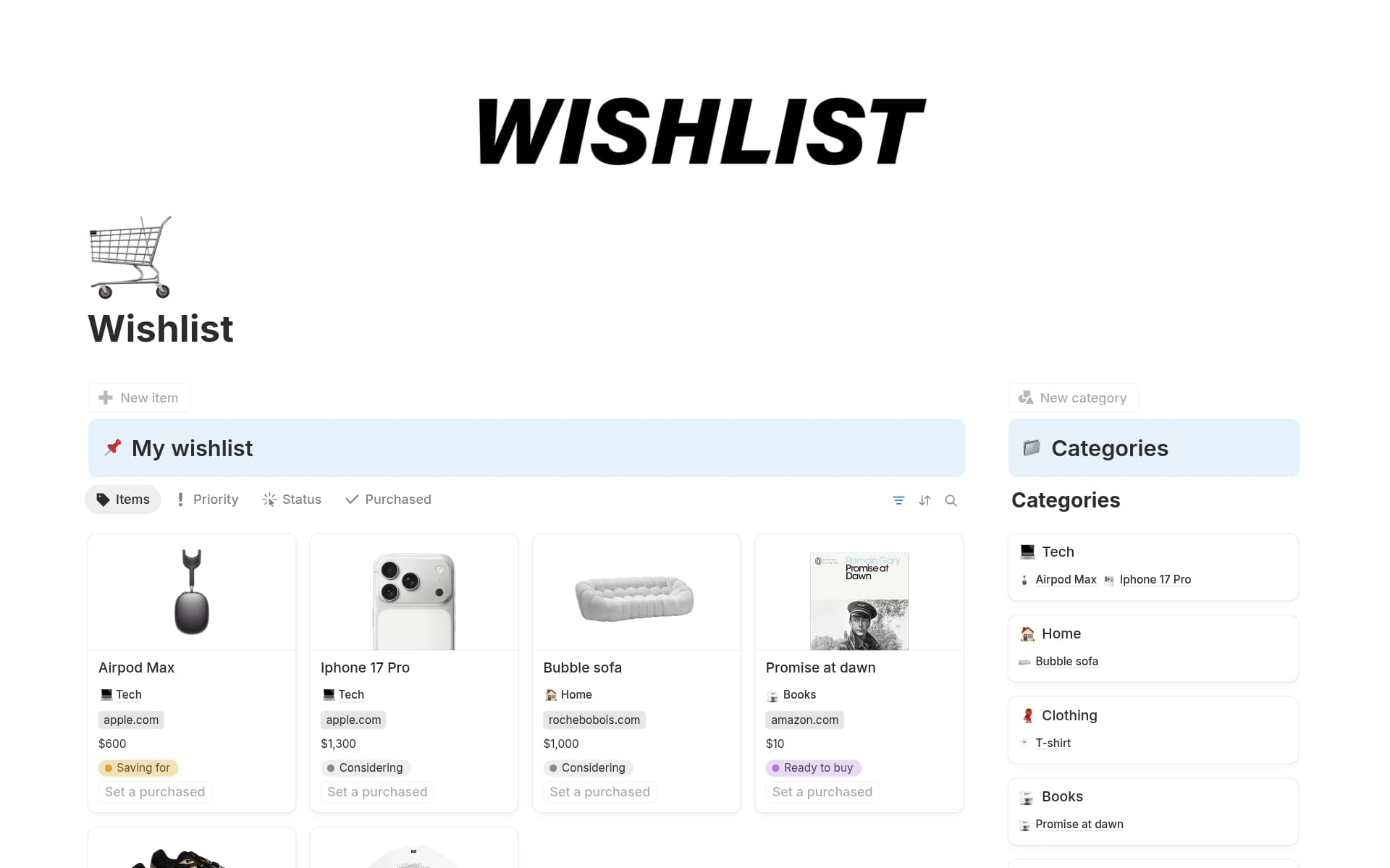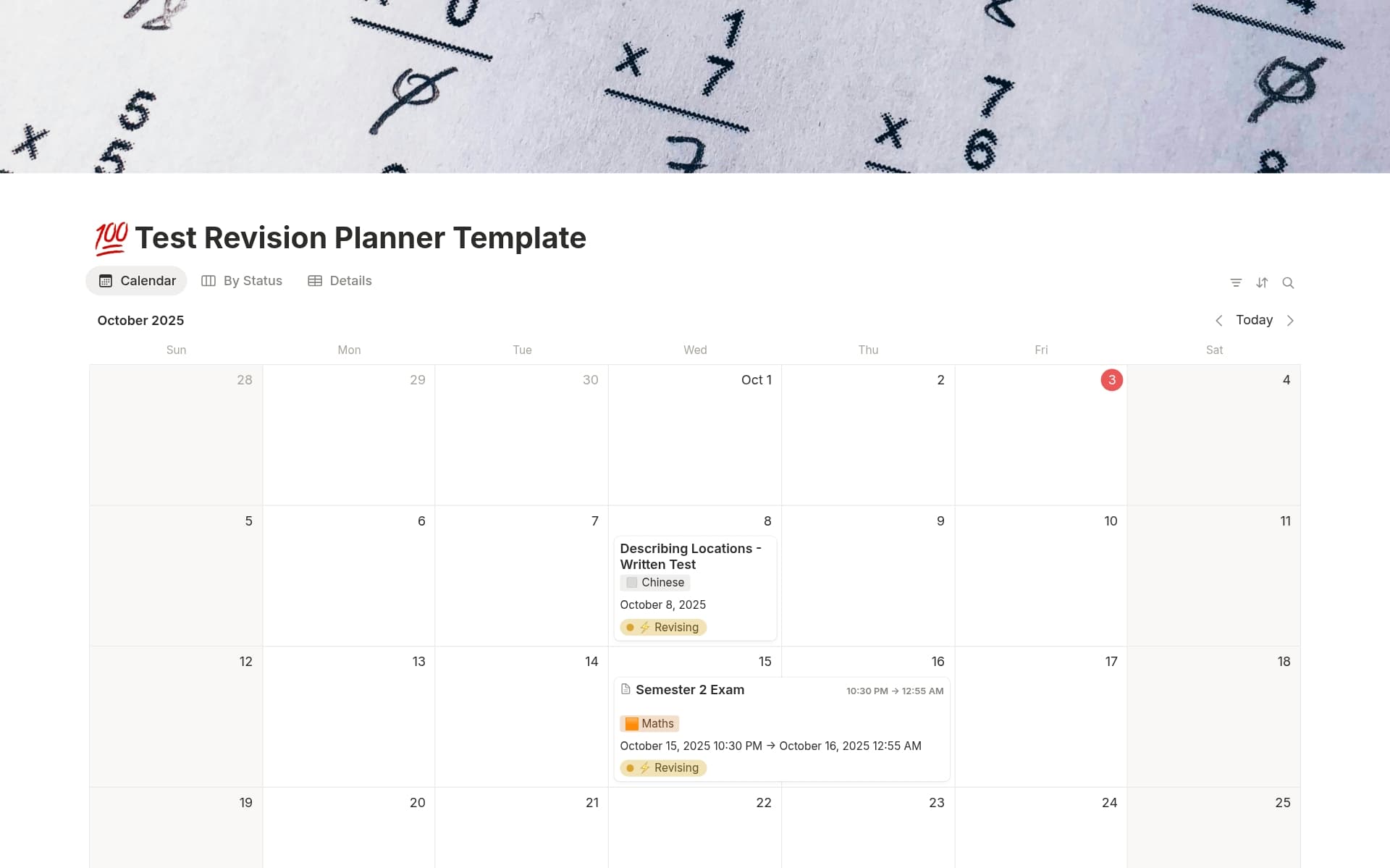Retrospectives offer Product Managers an avenue to scrutinize past project phases or cycles with an eye towards refining future work. These sessions can identify what was successful and what needs improvement, fostering a culture of continuous learning and adaptation. A well-structured Retrospective template in Notion can simplify this process, ensuring a focus on productive discussion and actionable insights rather than administrative setup.
Before creating your own Retrospective template, it might benefit you to explore these examples to streamline the experience.
What Should Retrospective Templates Include?
Choosing the right retrospective template can significantly enhance the effectiveness of your review sessions. Here are key components to look for in a high-quality template:
Clear Objectives: Ensure the template outlines specific goals. This helps in maintaining focus and driving productive discussions.
Participant Roles: A good template will define roles for all participants, clarifying who is the facilitator, note-taker, or timekeeper.
Action Items Section: It should have a dedicated area to list action items, responsible persons, and deadlines to ensure accountability and follow-through.
Feedback Mechanisms: Look for templates that include structured methods for collecting feedback, such as polls or surveys, to measure the session's effectiveness.
Selecting a template with these components will help streamline the retrospective process, making it more structured and outcome-oriented.
What Should Retrospective Templates Avoid?
Choosing the right retrospective template is crucial for effective team feedback and planning. However, some elements can hinder rather than help this process. Here are three key components to steer clear of:
Overly Complex Structures: Templates that are too detailed can confuse participants and detract from the main issues. Simplicity fosters clearer communication.
Fixed, Non-Customizable Fields: Avoid templates that don't allow modifications. Teams evolve, and so should their tools to ensure they remain relevant and effective.
Generic Prompts: Templates with vague or non-specific questions can lead to superficial responses. Opt for those that encourage thoughtful and constructive feedback.
Remember, the goal is to facilitate insightful dialogue and actionable outcomes, not just to fill out a form. Choose a template that resonates with your team's specific needs and dynamics.




